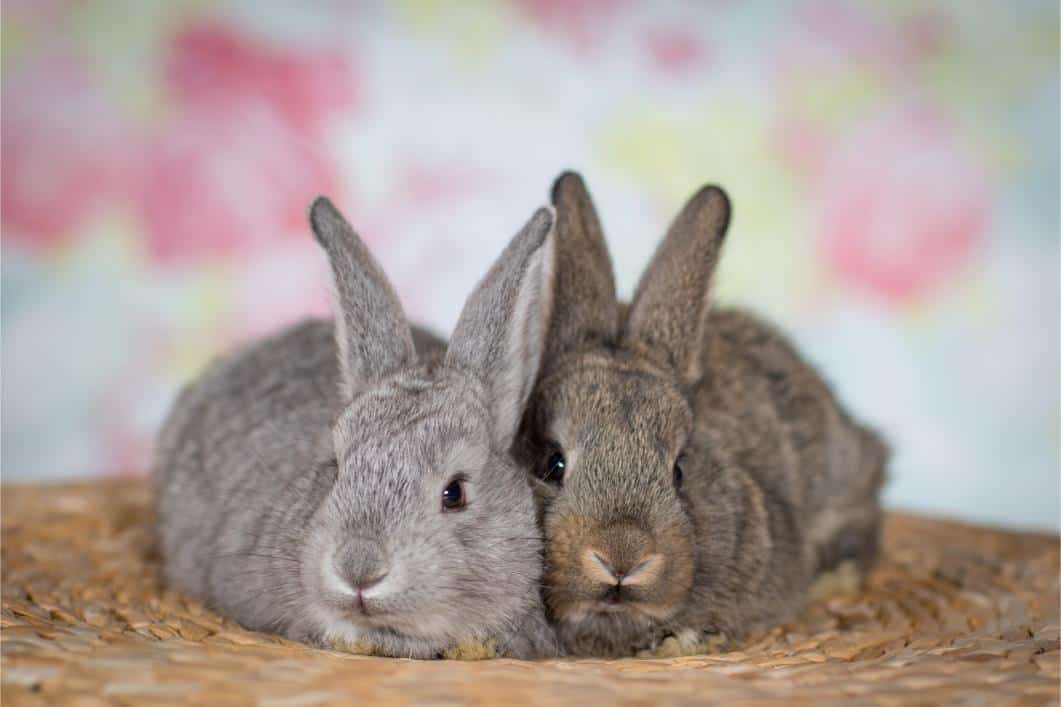Information for Bunny Lovers About Rabbit Hemorrhagic Disease Virus (RHDV)

A sick bunny is not a happy bunny, and at Amberglen Pet Care, we want to do everything we can to keep your rabbit healthy and thriving. Rabbit Hemorrhagic Disease Virus (RHDV) is a concern for both domestic and wild rabbits, and is important for pet owners to know about.
What is Rabbit Hemorrhagic Disease Virus (RHDV)?
Rabbit Hemorrhagic Disease Virus (RHDV) is a serious and very contagious disease that is caused by a virus. First seen in China in the early 1980s, this calicivirus is not harmful to humans or other animals, but can cause severe disease, and even sudden death, in rabbits.
Symptoms of infection with RHDV can include:
- Bleeding (often only internally)
- Depression
- Decreased appetite
- Incoordination
- Seizures
- Increased respiratory rate
In very young rabbit kits (less than 8 weeks of age), infection without symptoms or serious consequences may occur.
Rabbits are exposed to this terrible virus through contact with other sick rabbits, or things that those rabbits have been in contact with (bedding, water, etc.). The virus can remain in the environment for a long time and through a variety of conditions.
Protecting Your Pet
Rabbit Hemorrhagic Disease Virus is not something that you ever want to have to encounter. Protecting your pet is key.
Thankfully, this disease remains fairly rare, although it has become endemic in the Western United States. While there are rabbit vaccines against RHDV being developed, preventing exposure remains the best way to be sure that your bunny stays safe.
Be sure to:
- Avoid contact with wild rabbits
- Not share equipment with other rabbit owners
- Wash your hands thoroughly before handling your bunnies
- Not introduce rabbits from unknown sources into your home
- Regularly clean and disinfect waterers, feeders, toys, and other rabbit objects
- Use 10% sodium hydroxide or 10% bleach mixed with water to disinfect items
- Purchase pellets and foods from unaffected areas
- Contact wildlife officials if you are noticing multiple dead rabbits in your area, as this is a reportable disease that we are actively trying to contain
- Talk to our staff about specific recommendations if showing your rabbit
Hopefully RHDV is not something you will ever have to face, but it is always better safe than sorry if you are suspicious your pet isn’t doing well, especially exotic pocket pets like rabbits.
Please contact us right away if you have concerns about your pet so that we can get started helping.
